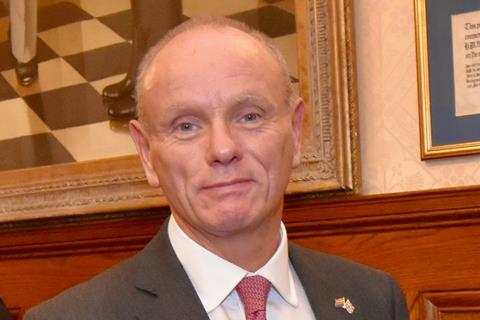The government has invited further feedback on a controversial courts IT system after discovering just three months ago that the inability of barristers to reassign cases to colleagues at short notice is causing problems.
Justice minister Mike Freer revealed in a written parliamentary response to Sir Bob Neill, chair of the House of Commons justice select committee, that work to make Common Platform more flexible will be fast-tracked.
Neill had asked about the adequacy of Common Platform for enabling barristers to transfer cases. Freer replied that barristers currently only need to use Common Platform to check into a case when arriving at a hearing.
‘Having worked with defence practitioners throughout the design stage of the programme, we were aware that once Crown court cases are fully managed on Common Platform, there is a requirement for barristers to be able to give access to cases to other barristers, at short notice and at unsociable hours. This requirement was intended to be met when other Phase 2 functionality is introduced,’ Freer said.

‘The absence of this flexibility in Phase 1 does mean that if a case changes hands at short notice, counsel attending the hearing may not be able to check into the case, and a process has been put in place for court staff to complete the check-in on their behalf in this scenario.’
However, Freer said the department learned in April that the inability to reassign cases was still causing issues for barristers.
‘Now that we are aware of this issue, the functionality to enable greater flexibility has been reprioritised and will be delivered sooner than planned. The development teams are analysing this change now and we should soon be able to provide a time estimate for its release. We are grateful that this issue was raised with us, and welcome further feedback to improve the Common Platform for all our users,’ the minister said.
Last month, the House of Commons public accounts committee said HMCTS’s approach to implementing the platform remained detached from the needs of those who use the court system, and that it had not done enough to listen and respond to users' concerns.
The Common Platform project began in 2012 with the aim of reducing inefficiencies across the criminal justice system, but has been beset with problems to the extent that court staff have even gone on strike.
This article is now closed for comment.



























14 Readers' comments